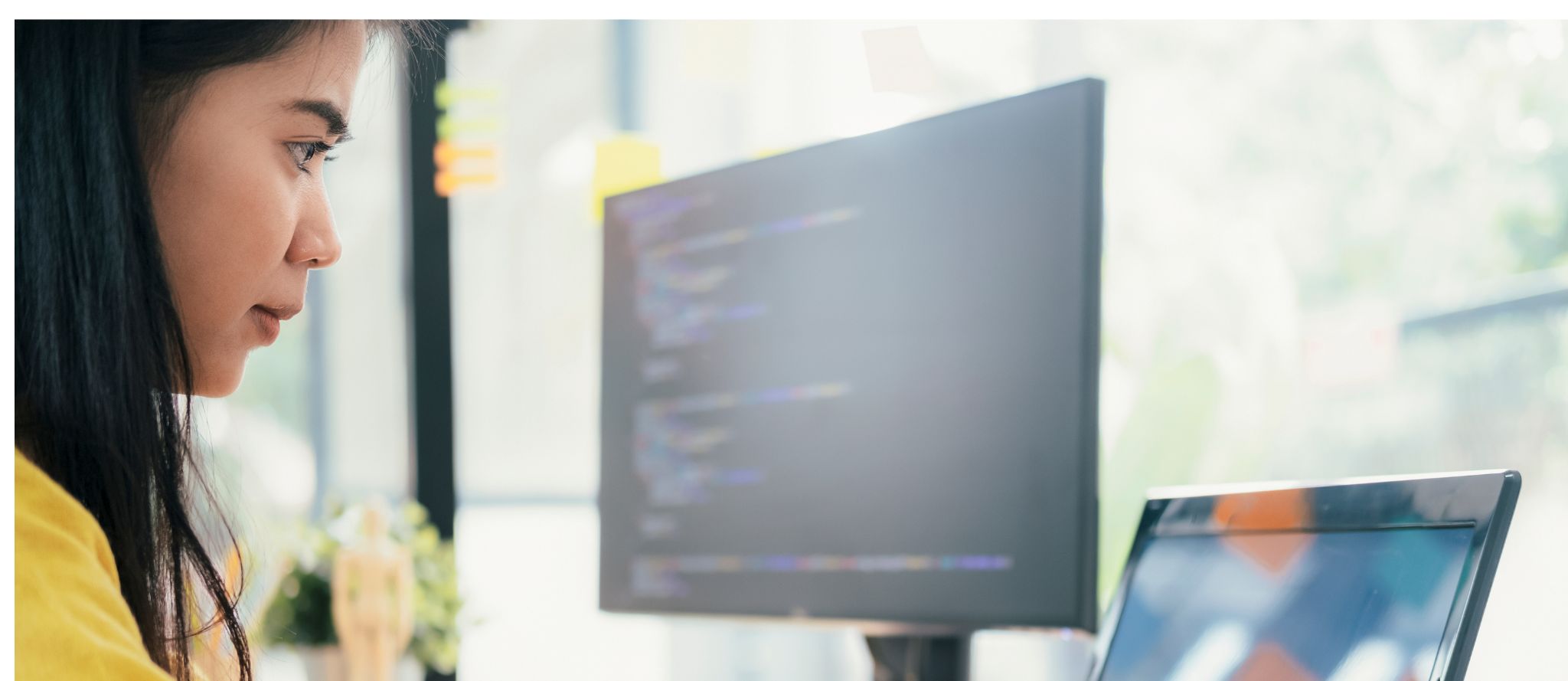Is your PC or desktop feeling sluggish? Even if you own a high-end computer, performance levels will inevitably take a dip over time.
Everything from operating system upgrades to growing software demands can strain its overall functionality.
However, take your time with purchasing a new computer or expensive upgrades. Numerous small yet effective tactics can keep your PC or laptop in optimum shape. Below are peak performance tips for your computer.
Back up important data regularly
You never know when your data could become compromised. Whether it is a system crash, cyberattack, or another type of data loss, this can understandably impact performance. It is certainly the case if you run a business and require the most current data for day-to-day operations.
To prevent this from occurring, you must keep regular data backups. These backups ensure you can restore your data should an issue result in it being jeopardised. All backups should be done in a secure location.
Examples include using a cloud storage service, a USB drive, and an external hard drive.
Keep software up-to-date
Outdated software is something you need to avoid for two main reasons. One reason is that older software may not function as expected. Secondly, and more worryingly, it can become a security risk.
Security patches are often part of software updates, and these are necessary to block weaknesses or holes which cybercriminals can exploit.
Problems such as these won’t crop up by keeping your software up-to-date. So along with all installed applications, you should also update your operating system without delay.
Clean up regularly
Sticking to a regular cleaning schedule for your computer is highly recommended. Over time, collecting a lot of data and redundant files is only natural. However, the more you gather, the more likely it will slow down your system.
The good news: cleaning your computer only requires a little work. All that’s necessary is for you to browse for temporary files, program files, unnecessary software, etc., and delete these when they’re no longer needed.
Monitor your system
Being aware of everything that’s happening in your system is important.
If you are lackadaisical in this area, it opens the door to potential attacks – and that can seriously slow down your computer’s performance.
It is wise to use a reputable antivirus program to check for – and ultimately prevent – suspicious activity. This can scan for malware and other threats, stopping them before it is too late.
Secure your system
There is more that can be done to stop potential attackers from getting into your system. One of the essential ways to secure your computer is with the use of strong passwords for each account. Additionally, you should make an effort to change these passwords on a regular basis.
Another tactic is to install a reliable and robust firewall on your computer. Doing so can further help to protect your system from hackers.

